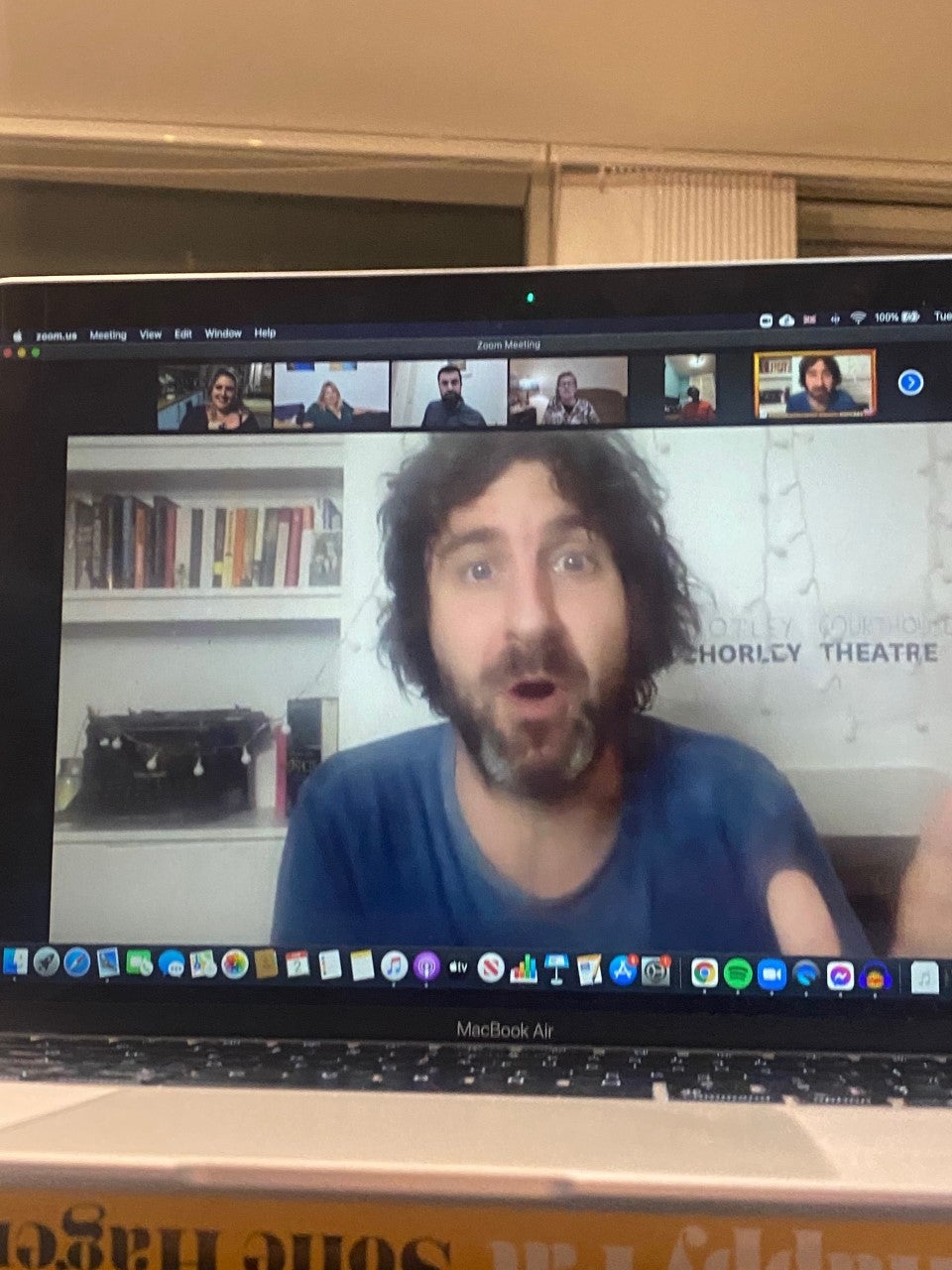I’ve learnt an important lesson from performing comedy gigs online during the pandemic
I performed one show on Microsoft Teams in which only one of the 50-strong audience was visible on screen; I did 45 minutes of stand-up to this one man’s face, like someone doing a gig stuck in a lift


If you have disabled friends or family, you will likely have heard them say many times over the past 18 months that the losses we have all suffered – life being confined to a tiny square area, most of its treats no longer within reach, a heightened sense of isolation and helplessness – merely reflect what it’s been like in their skin for as long as they can remember. For millions of people in this country, lockdown is a constant, not a regrettable phase to be moved on from as soon as circumstances change.
This was a humbling and valuable lesson for those of us who have always had society arranged pretty much the way we wanted it, and many of us in my own field of entertainment tried to put the implications of the lesson into practice.
We found ways of staging shows on Zoom, or sometimes more unwieldy platforms (I performed one virtual show on Microsoft Teams in which only one of the 50-strong audience was visible on screen; I had to perform 45 minutes of stand-up to this one man’s face, like someone doing a gig stuck in a lift).
The most striking upshot of this was not just that punters – having overcome the initial strangeness – were able to adapt surprisingly quickly to the digital format. It was that a whole new constituency of comedy-goers emerged: people who were not merely using this as a stopgap, but actively preferred this form of comedy to what had gone before.
There are many possible reasons somebody might favour the online comedy show over the Thursday-night theatre trip. Many theatres have been pretty sloppy about making themselves wheelchair-friendly, for example; there are also financial considerations: everyone with small children knows that it is sometimes impossible to find a babysitter, and if you do get one, you are at the mercy of a text halfway through the performance saying: “Is it ok if you come back; she is talking about burning the house down and has most of the equipment she needs.”
Others suffer from social anxiety, or just cannot afford a trip out, or might for a hundred other reasons be grateful to watch something from their own living room, rather than undertaking a two-hour round trip into town.
You would think, then, there was a clear lesson from the period of enforced distance: online shows are not some desperate backup measure, but a discipline in their own right, and one which can include a wider audience than we have ever had before. And yet there has been a scramble to stop streaming and “go back to normal” from the moment theatres were permitted to re-open.
“I said that accessibility would disappear when non-disabled people didn’t need it any more,” tweeted a disabled poet last week. “I hate that I was right.” Many more people have echoed these feelings.
There is no way, in a world of unlimited internet, that we should be acting as though streaming shows, and offering online access, is some sort of rogue choice. We are not in 1997 and trying to ramp up our mum’s broadband amid a symphony of clicks and screeches and at the cost of £29 a minute.
The internet makes things available to disabled people which they have been deprived of for decades: not just in the field of entertainment but in healthcare, in other public services, any territory that they have not been able to follow non-disabled people onto.
The re-imagining of our world as a digital sphere should be the biggest leveller we have ever had, opening doors that have been shut to large sections of the population for a shamefully long time. If disabled people are still left out after everything we’ve learned, that is a failure of our imagination and will. We can do better. If a global pandemic can’t push us into levelling the playing field, what will?
Join our commenting forum
Join thought-provoking conversations, follow other Independent readers and see their replies
Comments
Bookmark popover
Removed from bookmarks